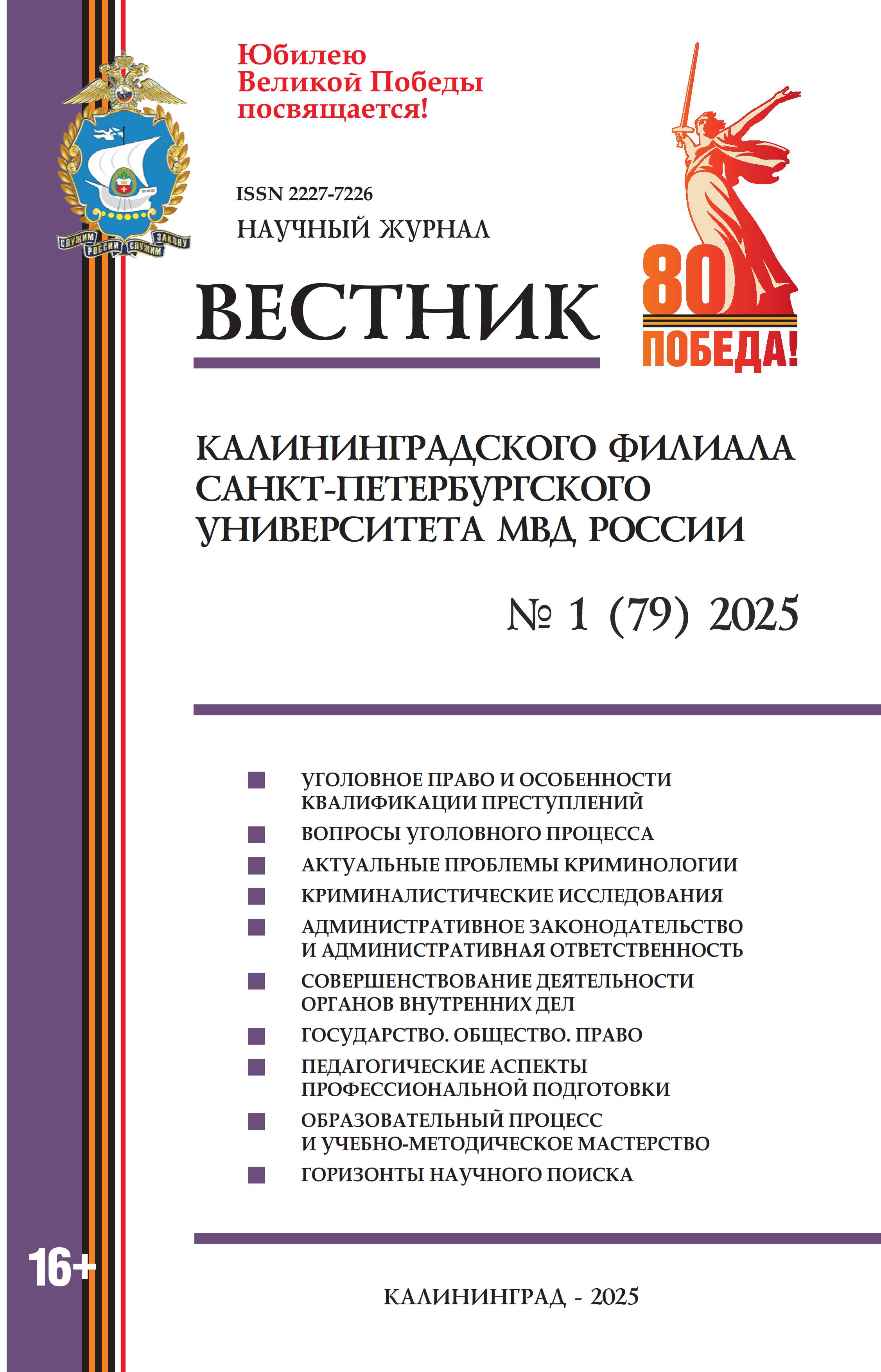employee from 01.01.2016 to 01.01.2025
Kaliningrad, Kalinigrad, Russian Federation
Introduction. The article discusses the techniques of integrating soft skills into a professional foreign language course for law students. Emotional intelligence, the ability to communicate effectively, the ability to work in a team and adapt to cultural differences are considered as an example of a problem solution. Methods. 123 law students participated in the study. The analysis of scientific sources was used to identify the most effective methods that contribute to the successful acquisition of a foreign language and at the same time the development of soft skills. Empirical methods: conducting surveys, interviews, and observations among colleagues teaching foreign languages and law students studying a foreign language to collect data on the perception and application of soft skills in the learning process, as well as identify the most successful teaching practices. Systematization and interpretation of the information received to determine the components of emotional intelligence and communication abilities that are most important for lawyers in their professional activities. Results. The work on the formation and improvement of soft skills in teaching a foreign language makes it possible to integrate students' general cultural and professional competencies, to interest and involve those students who had not previously been involved in discussions in foreign language classes in active group work. The work of preparing, conducting and analyzing practical classes requires pedagogical skills and additional time resources from the teacher. An integrated approach to the study of the formation of soft skills in teaching lawyers a foreign language allows us to develop and refine recommendations for improving educational programs in a foreign language and increasing their effectiveness in the context of professional education of lawyers.
Professional education, legal training, foreign language, emotional intelligence, effective communication, «soft» skills.








